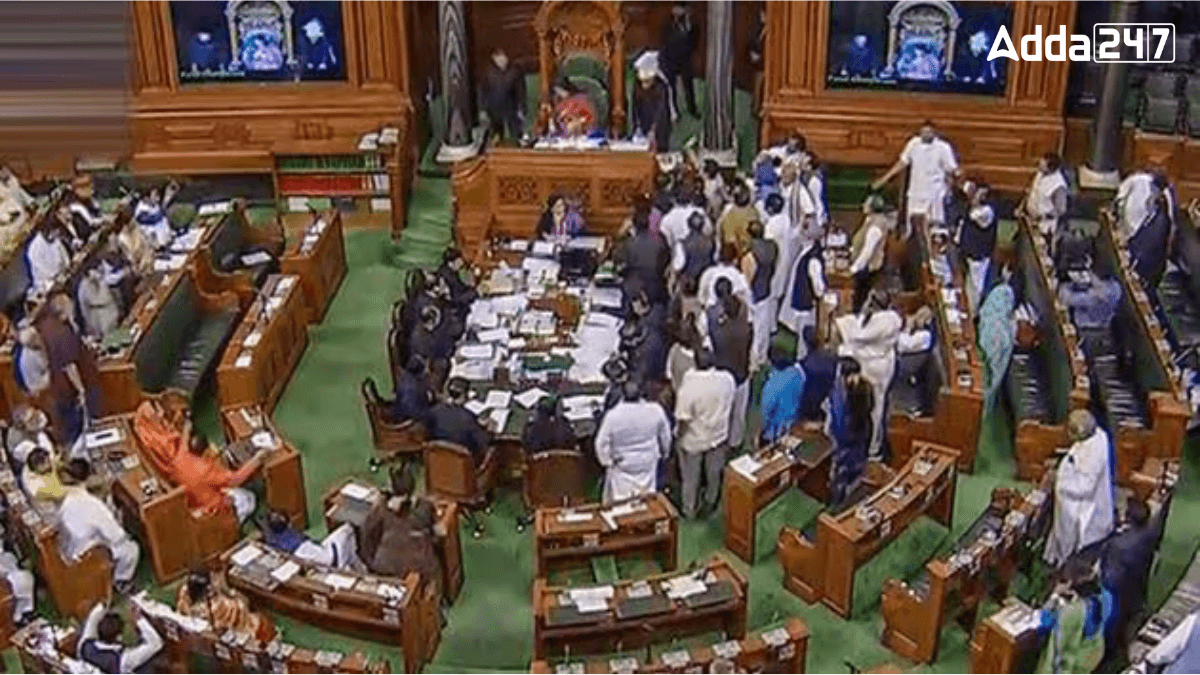The Lok Sabha is the lower house of India’s Parliament, where important discussions and decisions take place to shape the country’s future. To ensure these meetings are organized and fair, a specific individual leads and manages the proceedings. This role is vital for maintaining order, allowing every member to express their views, and ensuring that the democratic process runs smoothly.
Person Who Presides over the Meeting in Lok Sabha
The Lok Sabha, which is the lower house of the Indian Parliament, has an important person who makes sure its work runs smoothly. This person is known as the Speaker of the Lok Sabha. Let’s understand their role, how they are chosen, their powers, and other key details.
An Overview of the Speaker of Lok Sabha
The Speaker of the Lok Sabha is the person who leads the meetings of the Lok Sabha. They are responsible for maintaining order and ensuring that discussions and decisions happen properly. The Speaker is the highest authority in the Lok Sabha and plays a key role in the Indian parliamentary system.
Eligibility to be the Speaker
To become the Speaker, a person must:
- Be a citizen of India.
- Be at least 25 years old.
- Not hold any government job.
- Have no record of being a criminal offender.
How is the Speaker Elected?
- The President of India announces the first meeting of the Lok Sabha and the date for electing the Speaker.
- On the day of the election, the Prime Minister or the Minister of Parliamentary Affairs usually suggests a candidate’s name.
- Other MPs can also nominate themselves for the position.
- If only one name is proposed, the Speaker is elected without voting. If more than one name is proposed, voting takes place to decide the Speaker.
Powers and Responsibilities of the Speaker
- Conducting Meetings: The Speaker leads Lok Sabha meetings, ensures discussions stay orderly, and resolves disputes if they arise.
- Maintaining Discipline: They ensure that all MPs follow the rules of the Lok Sabha. If anyone behaves badly, the Speaker has the authority to take action, like suspending the member.
- Deciding the Agenda: The Speaker decides what topics will be discussed in the house during a session.
- Money Bills: The Speaker decides whether a bill is a money bill or not.
- Joint Meetings: The Speaker leads any joint meetings of the Lok Sabha and Rajya Sabha.
- Casting Vote: If there is a tie during voting, the Speaker casts the deciding vote.



 Which is the Highest Mountain of Afghani...
Which is the Highest Mountain of Afghani...
 Which Flower is known as the Snow Flower...
Which Flower is known as the Snow Flower...
 Do You Know Which Country is known as th...
Do You Know Which Country is known as th...








